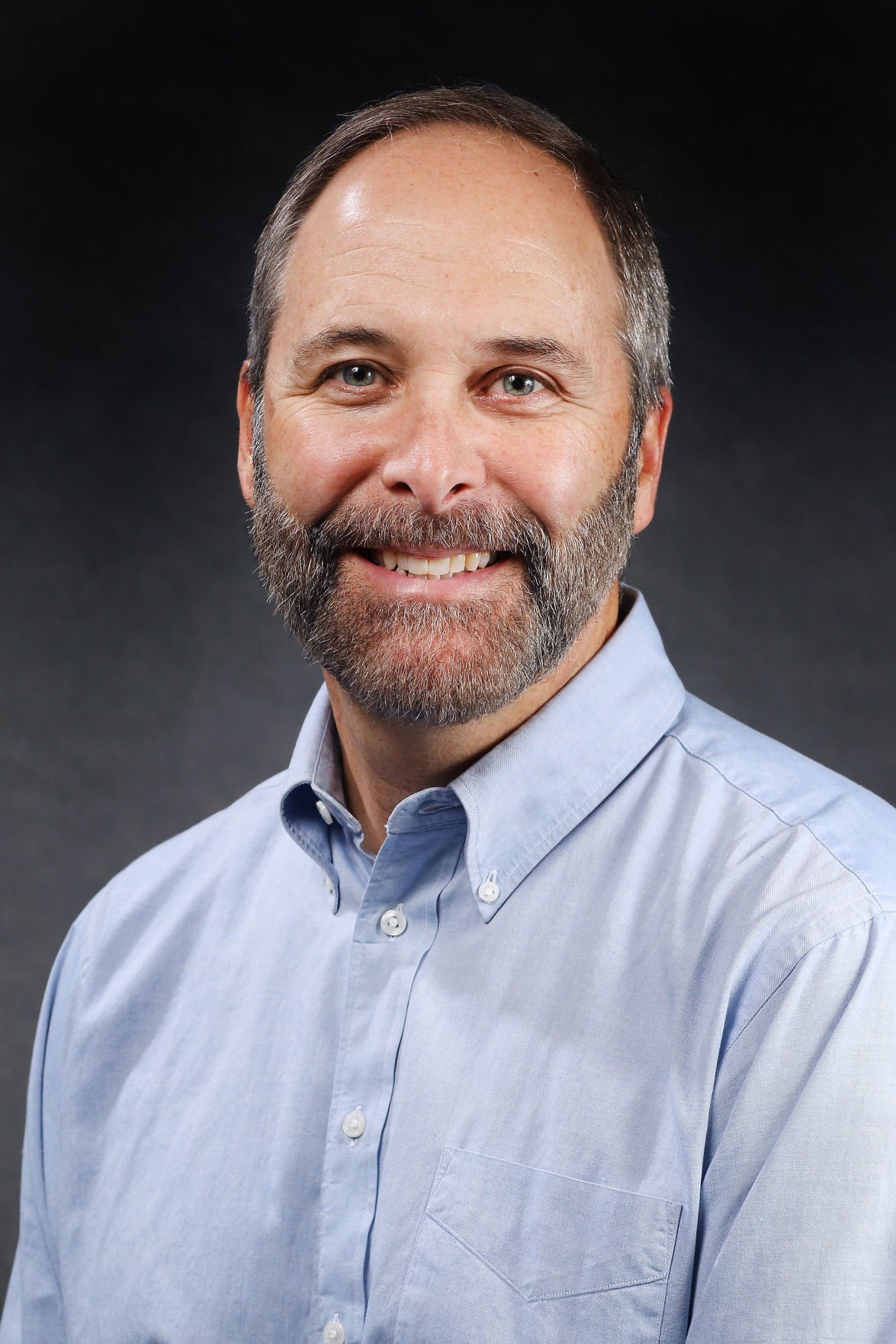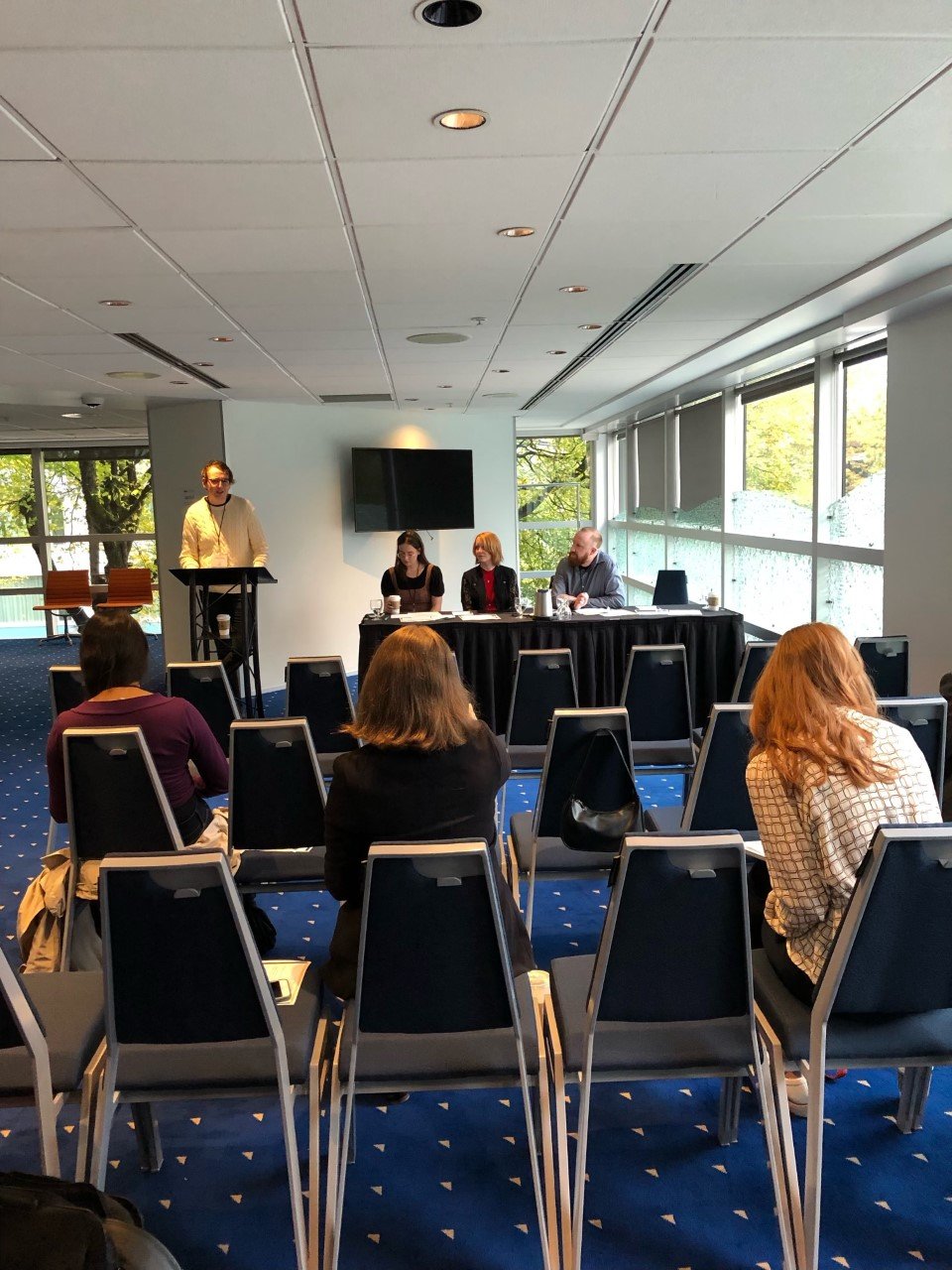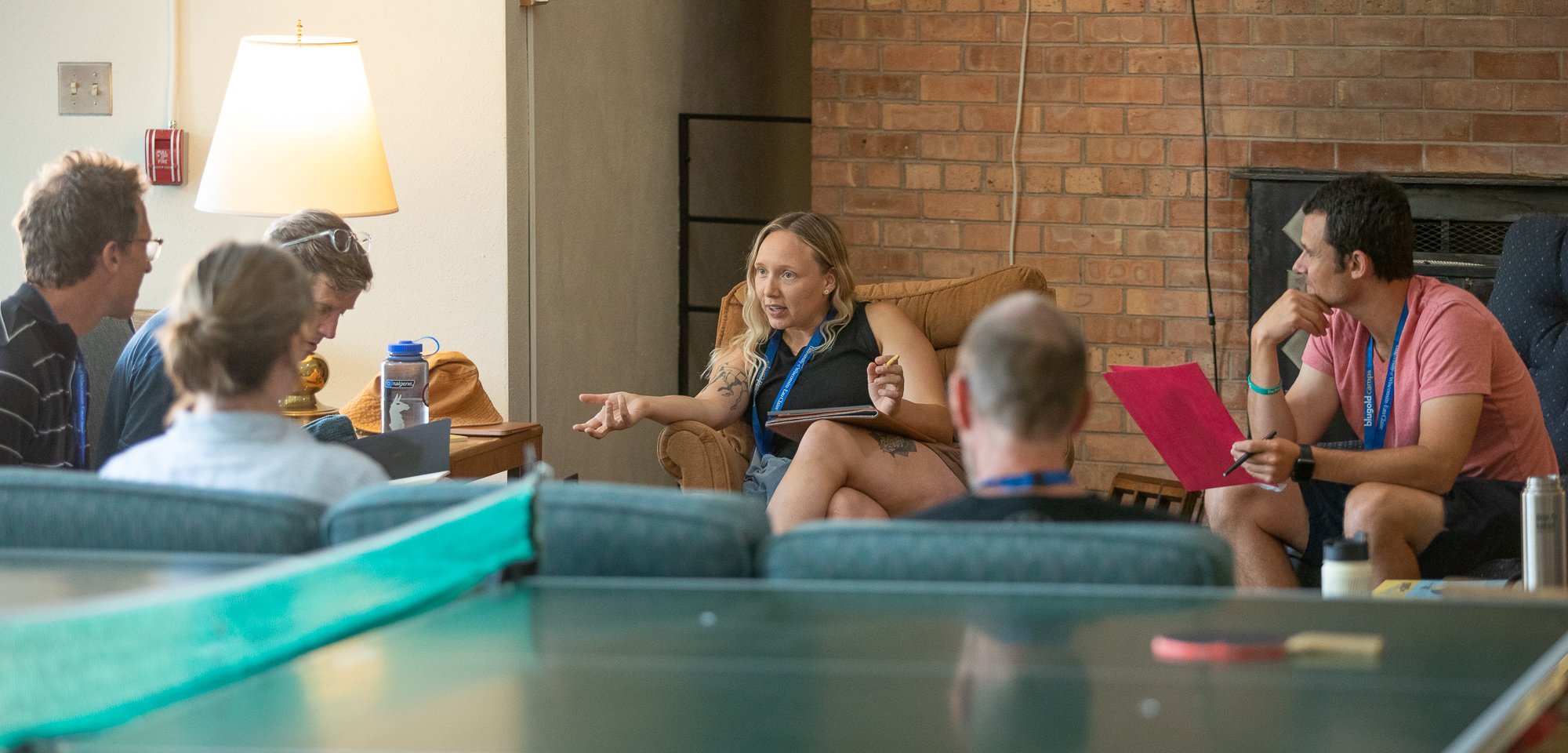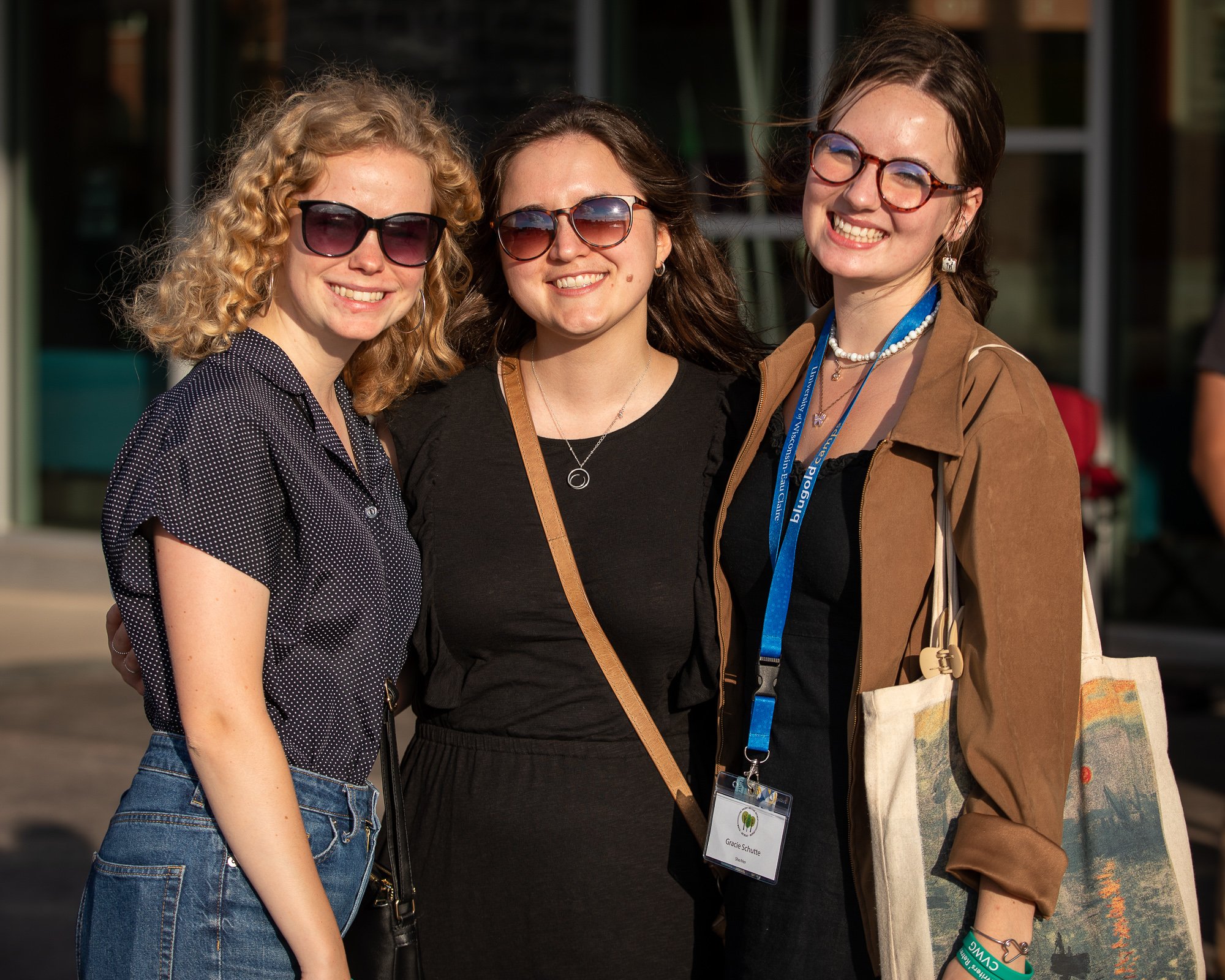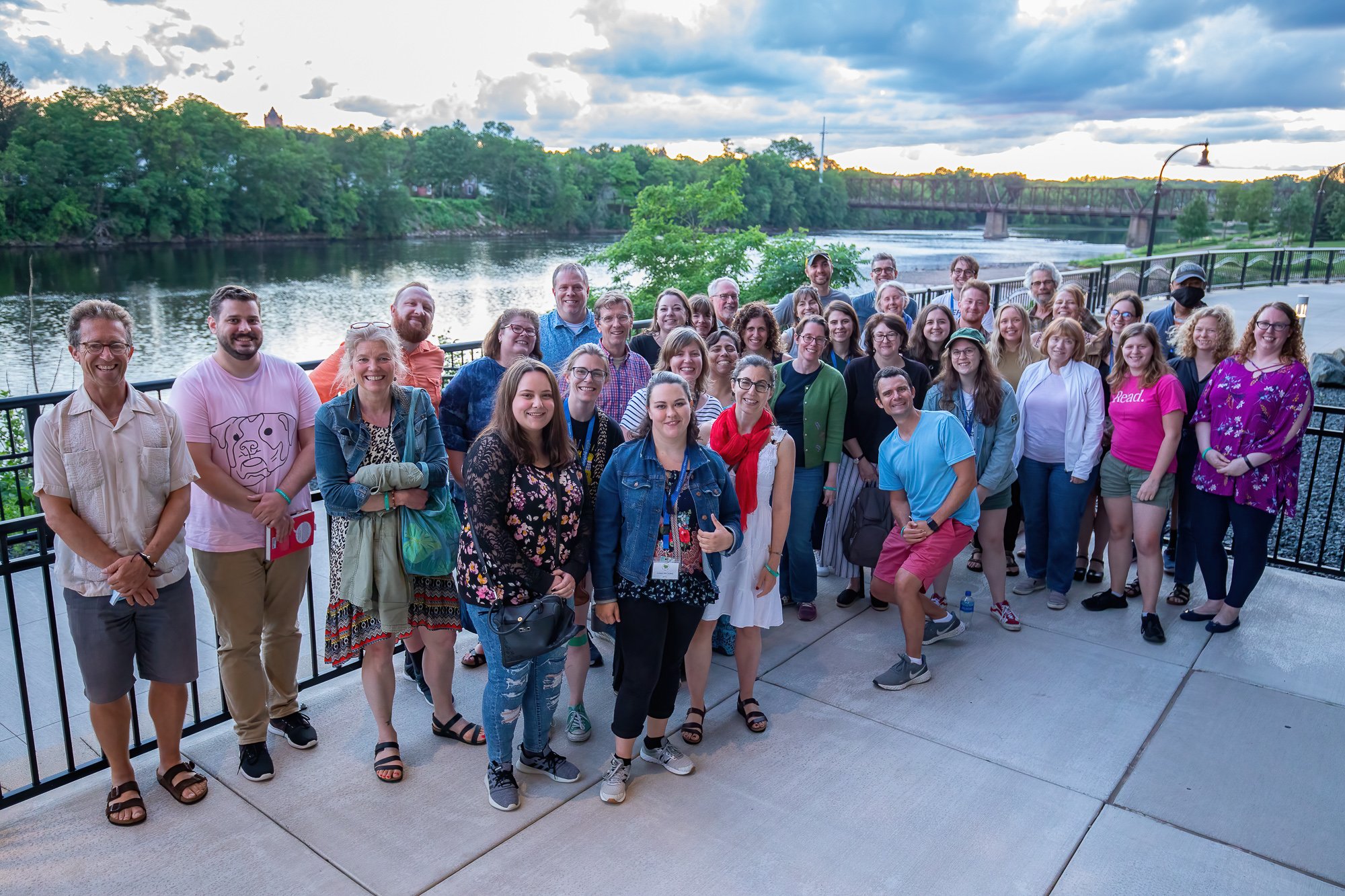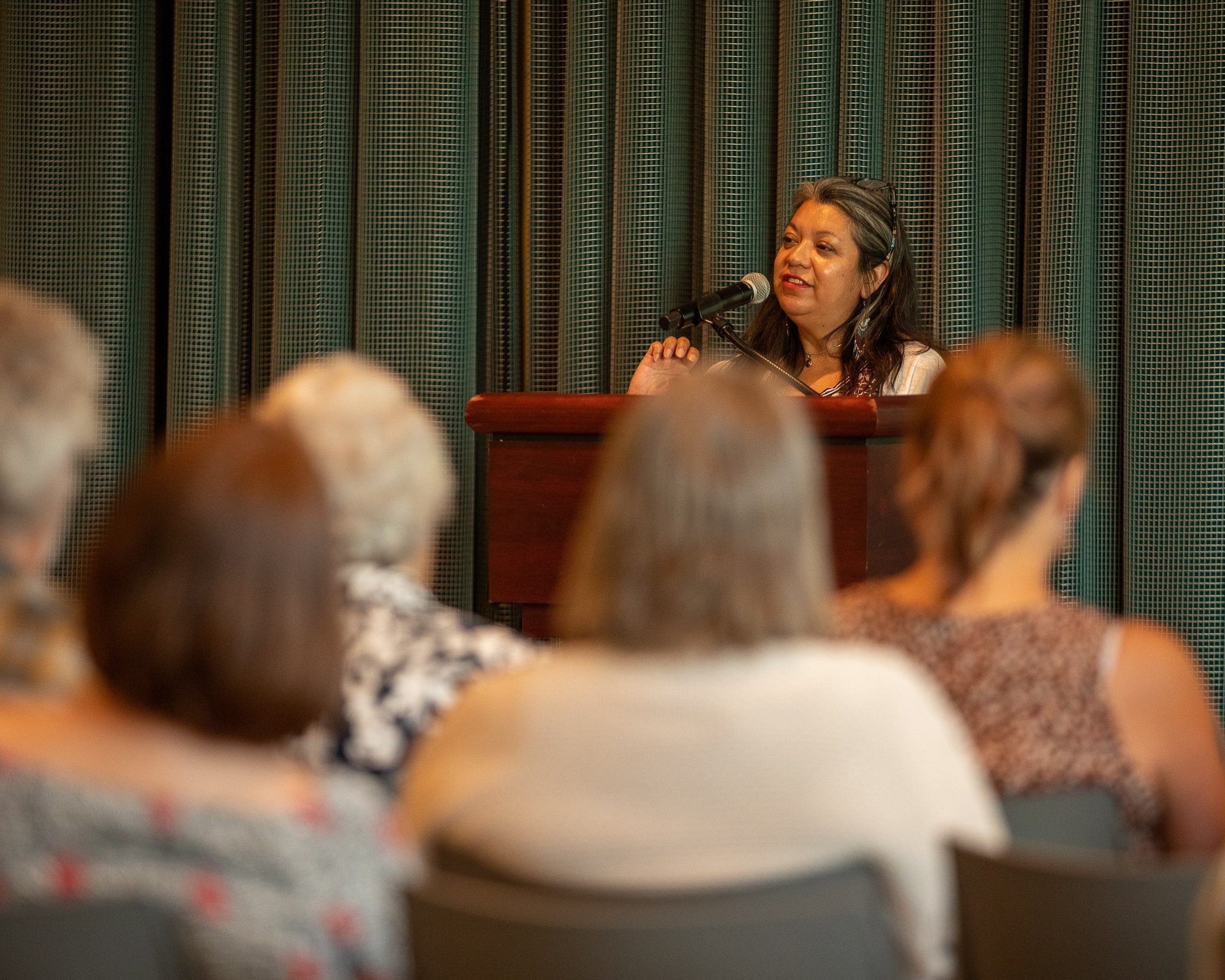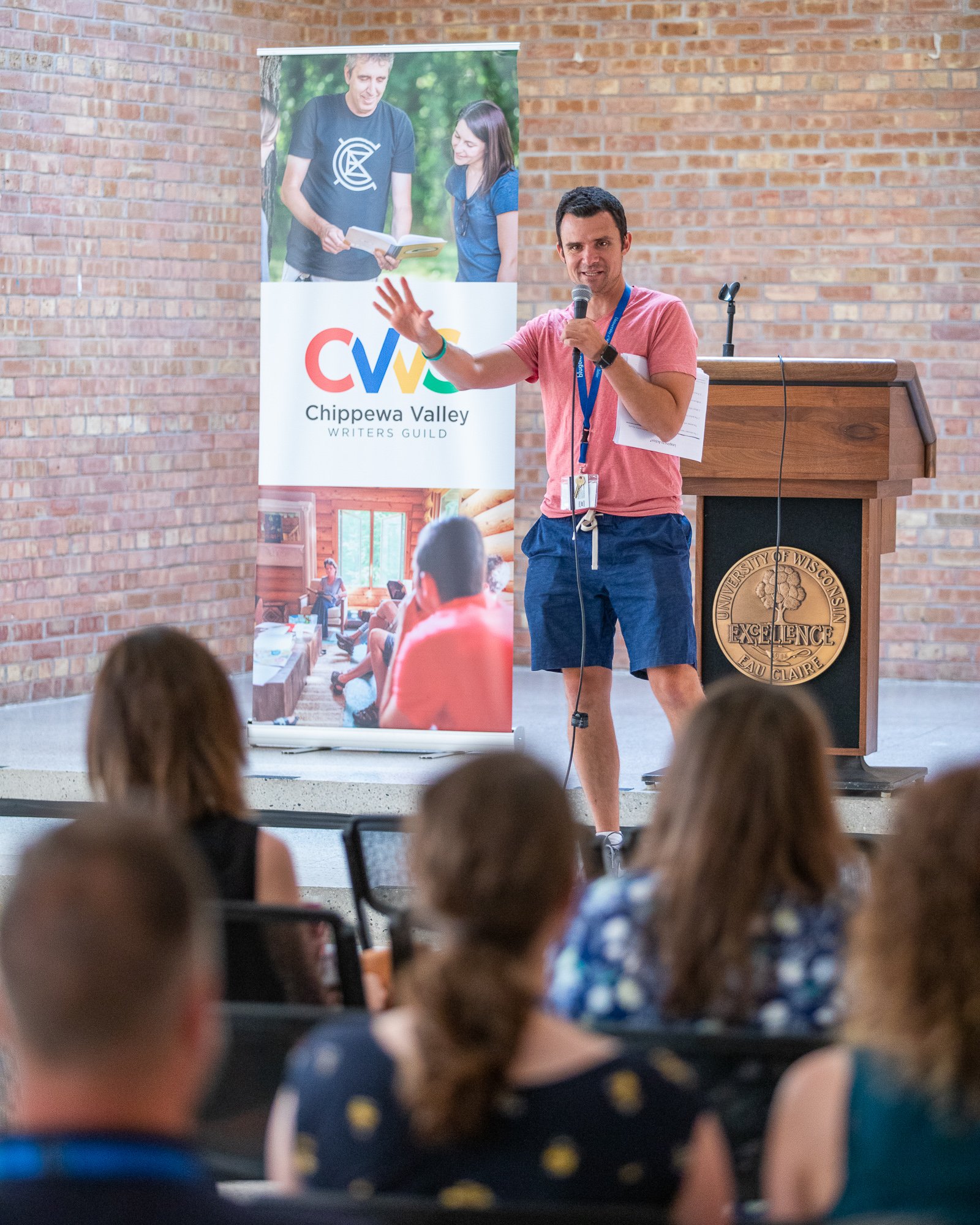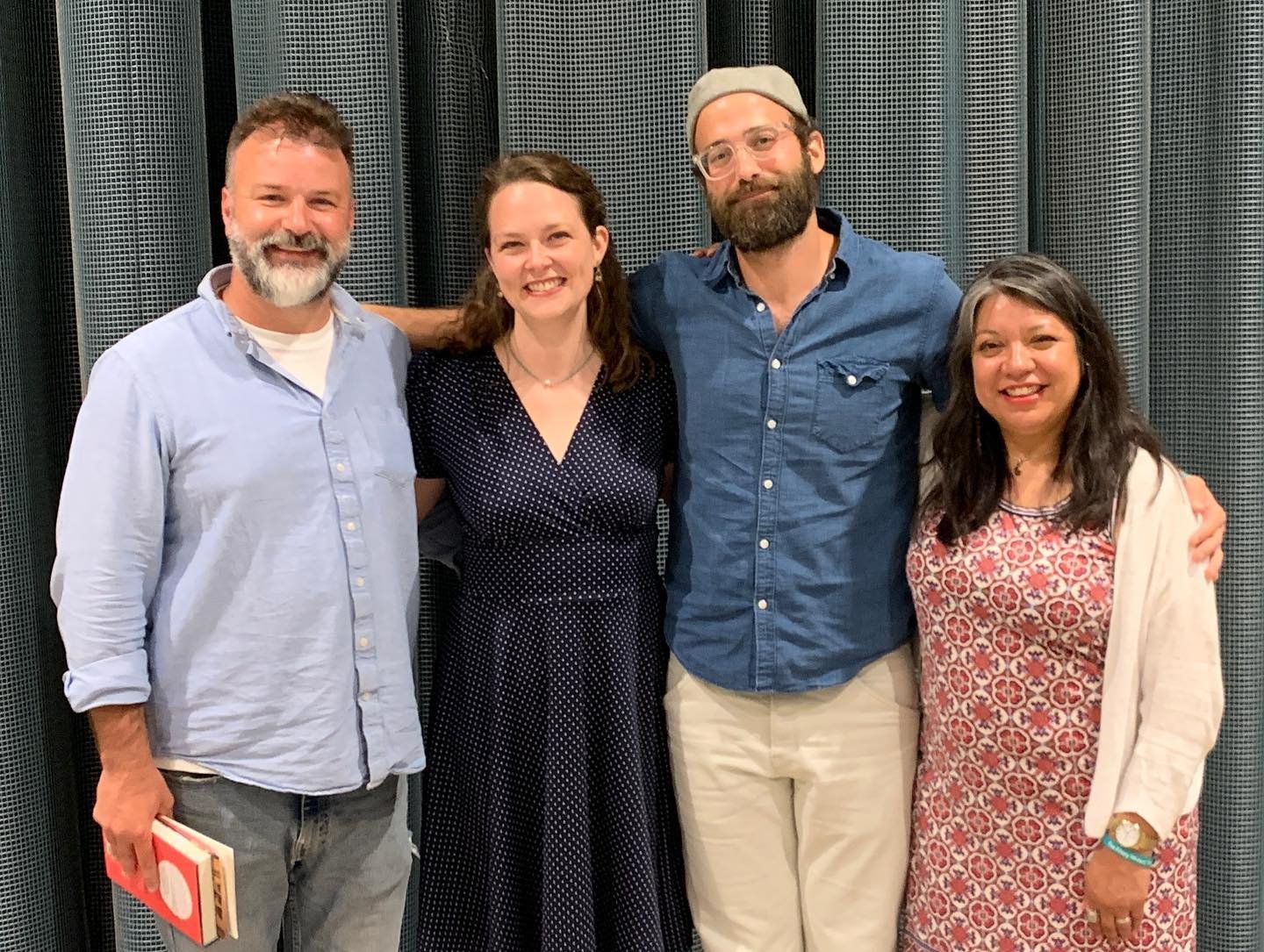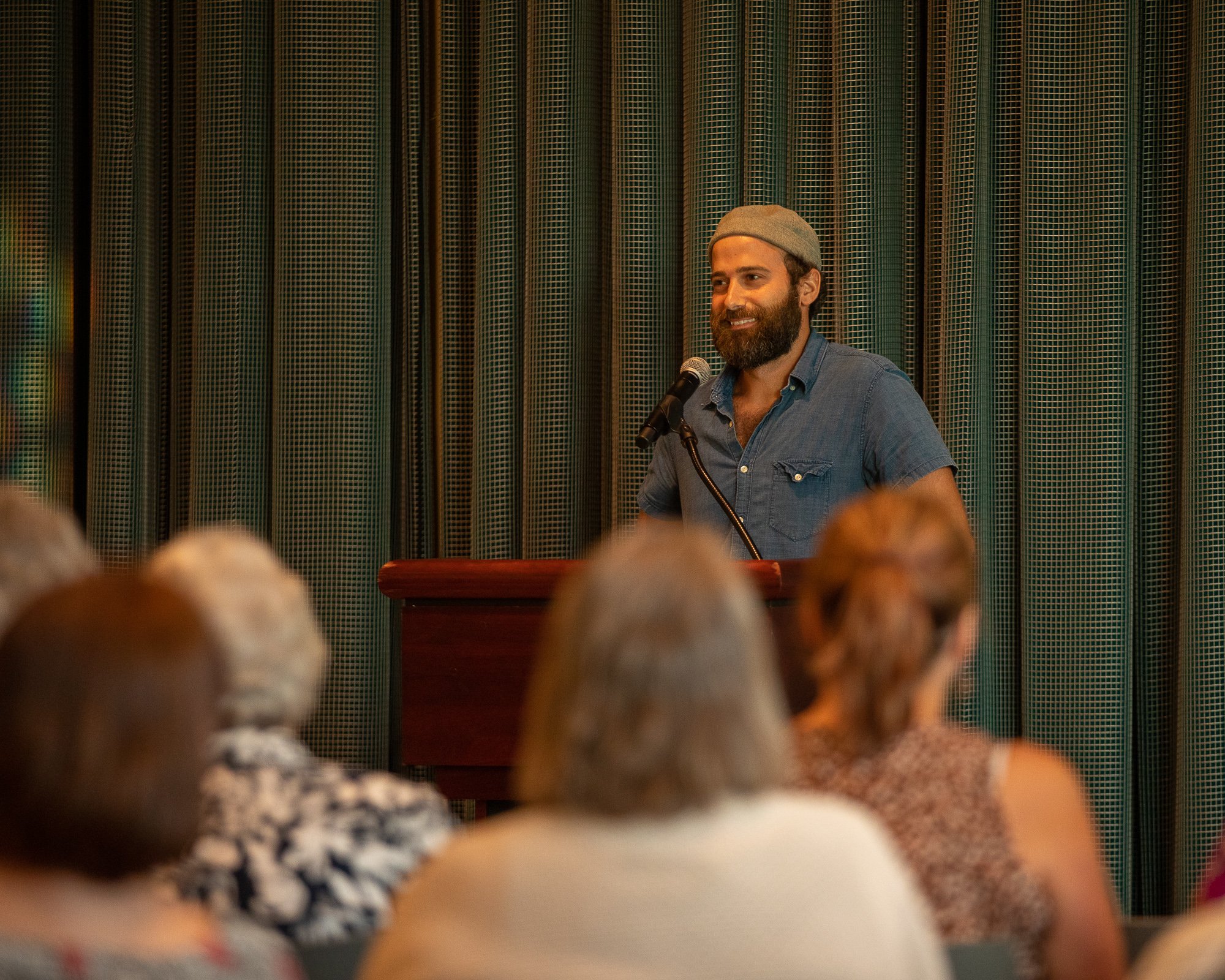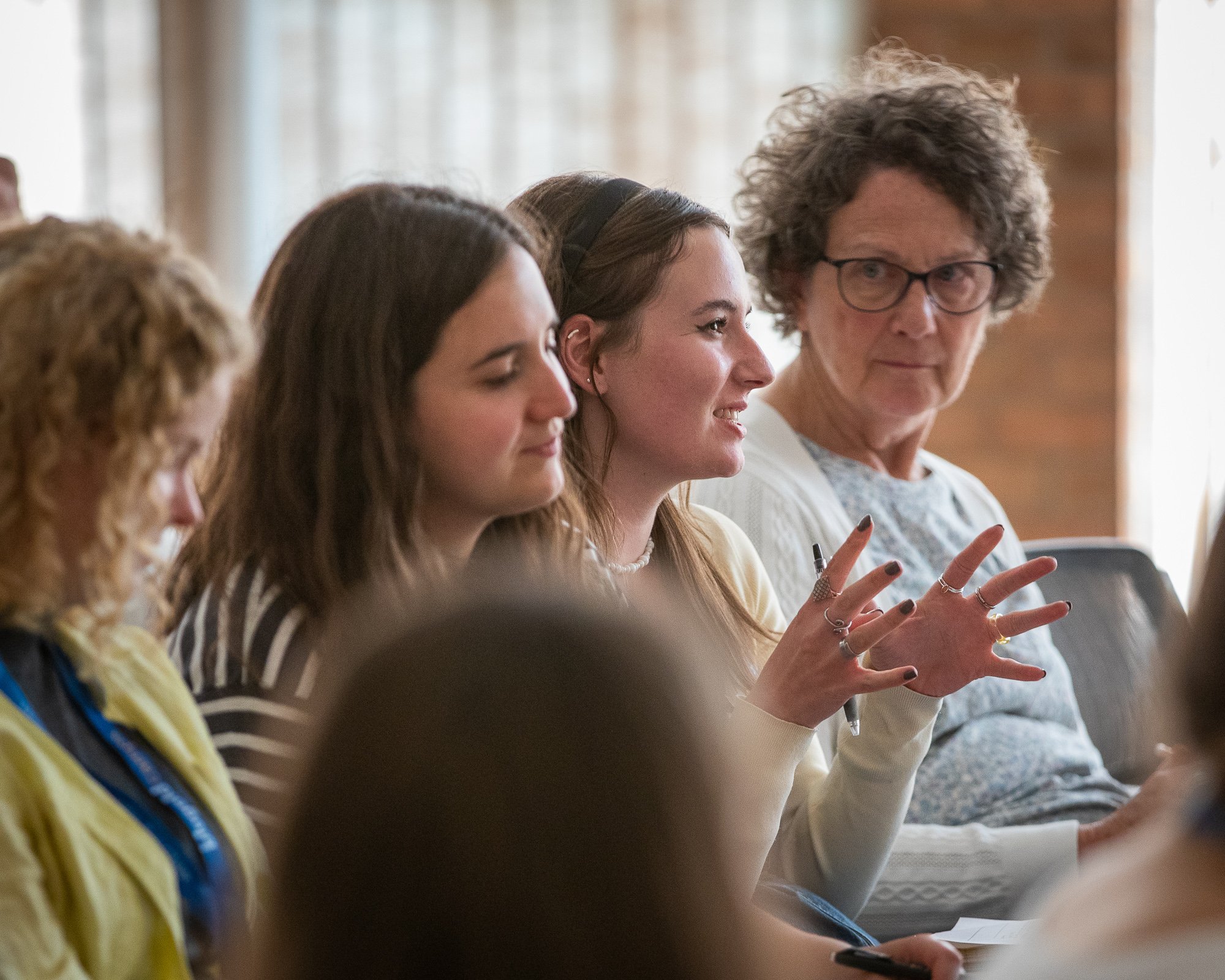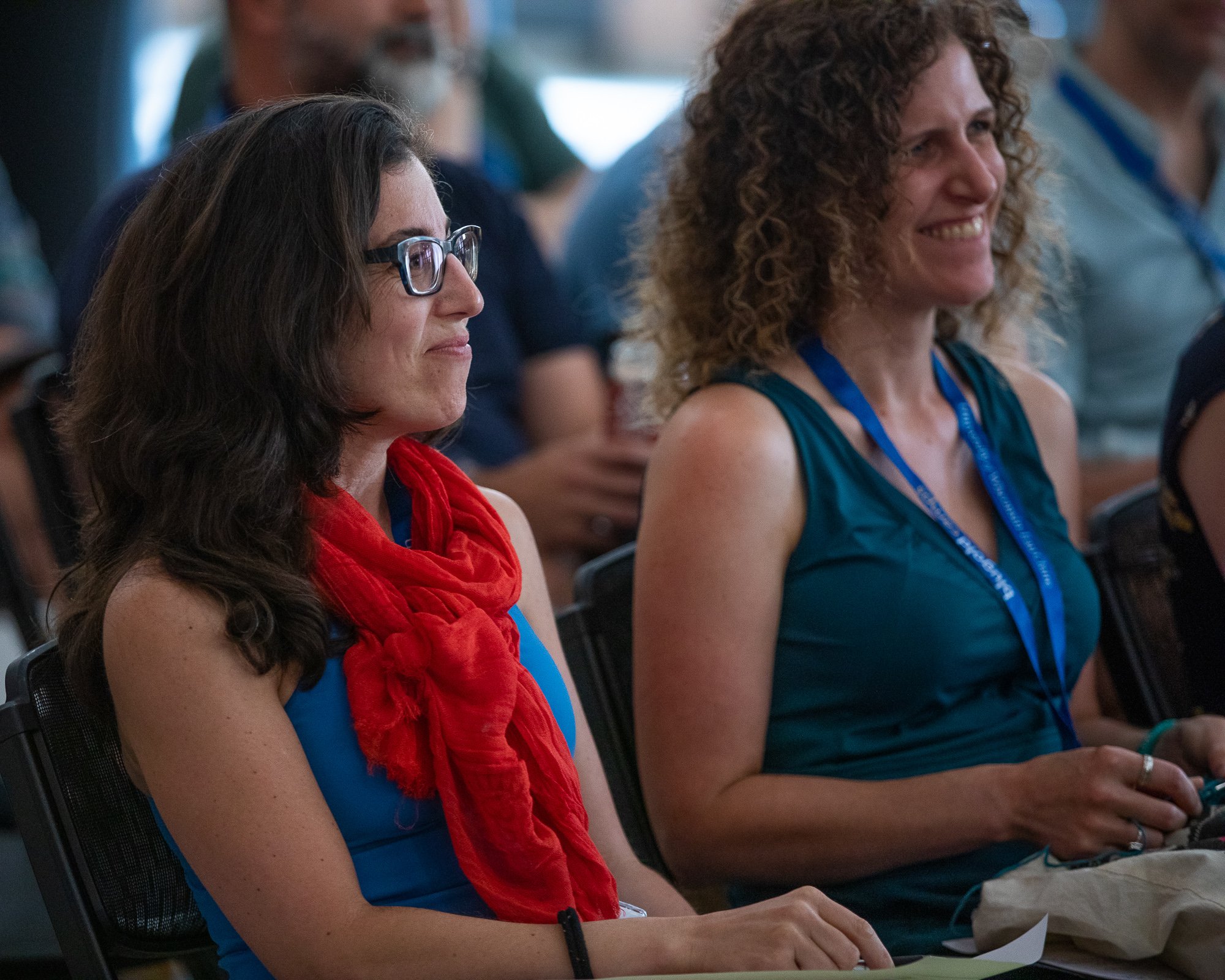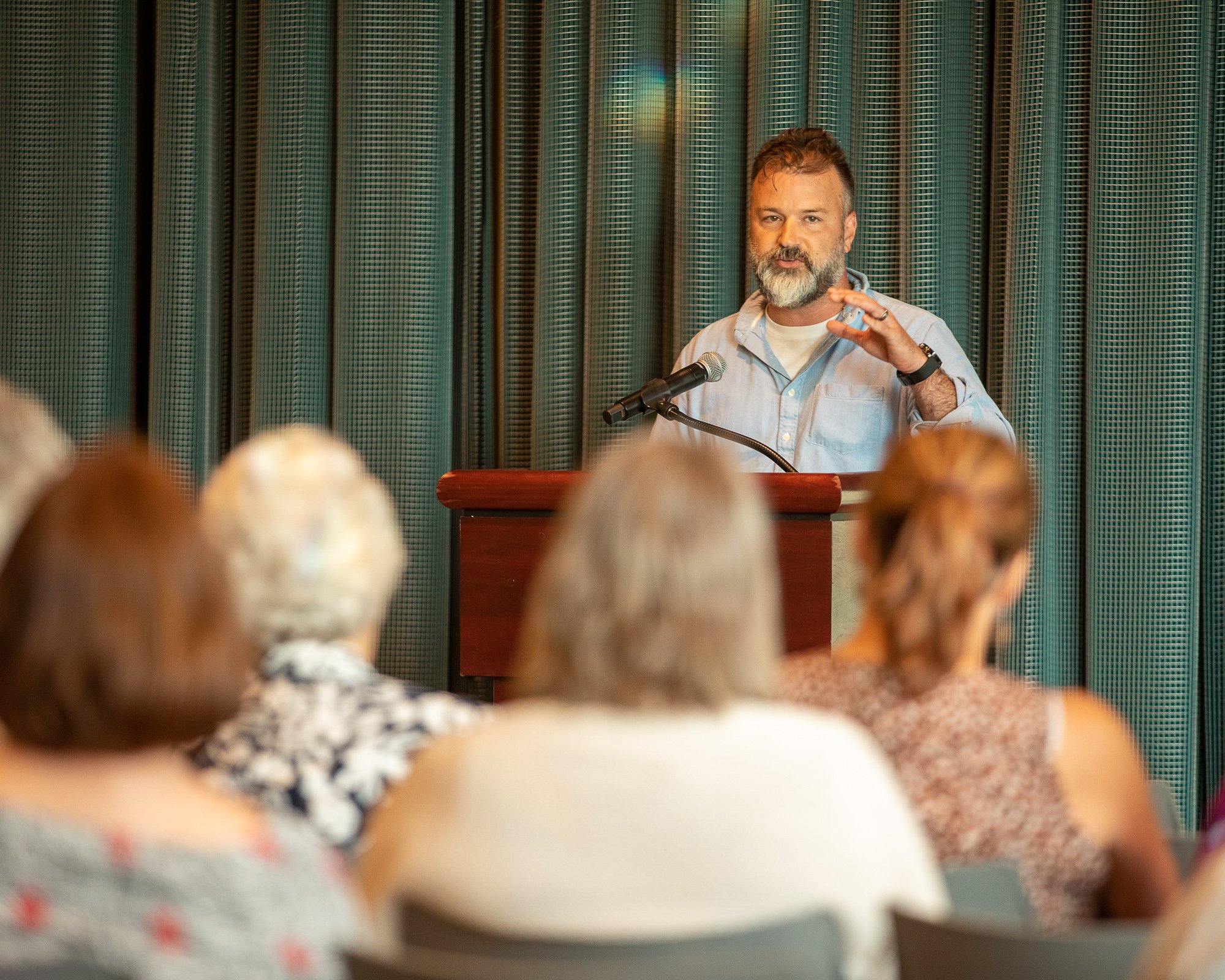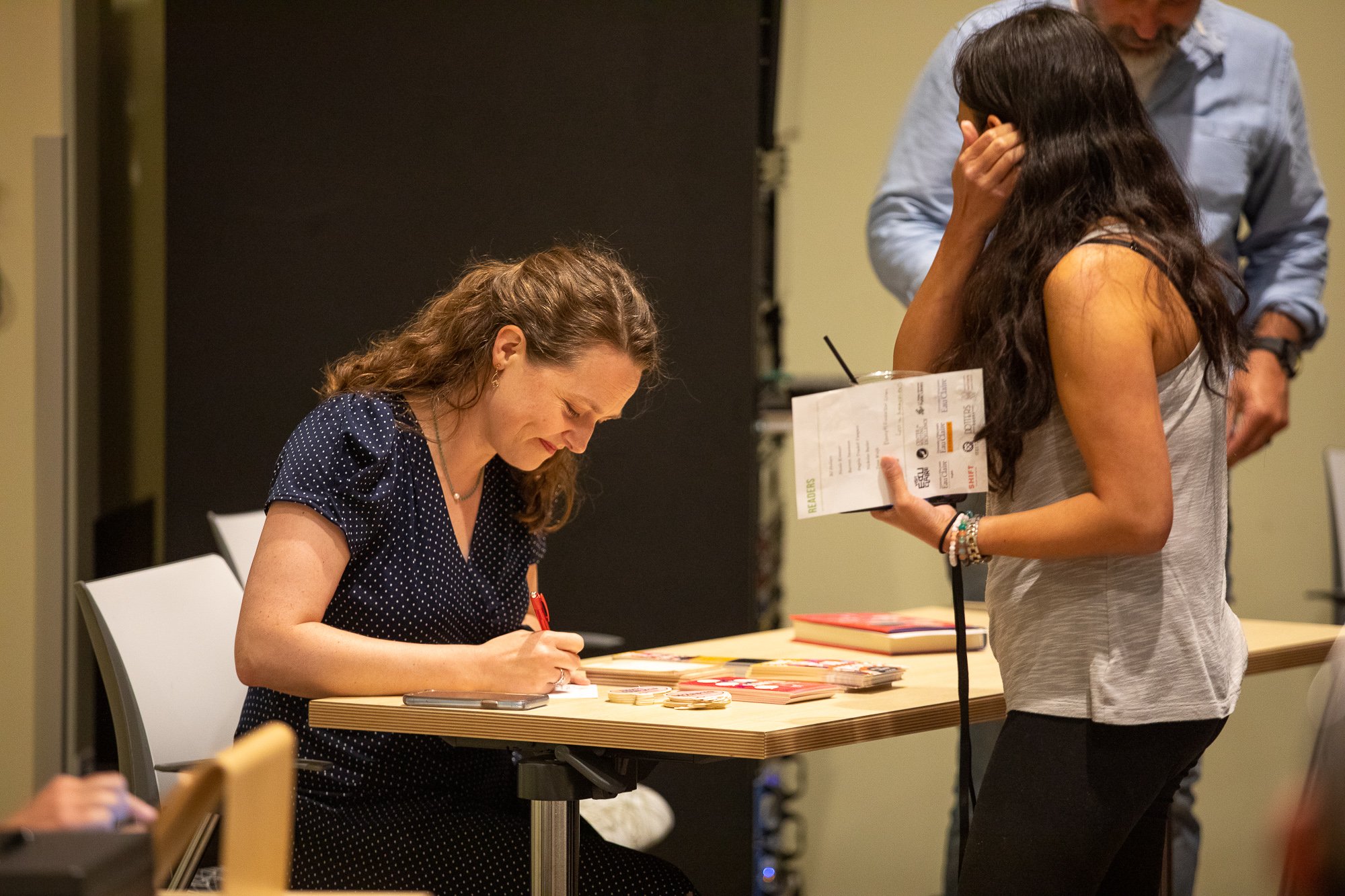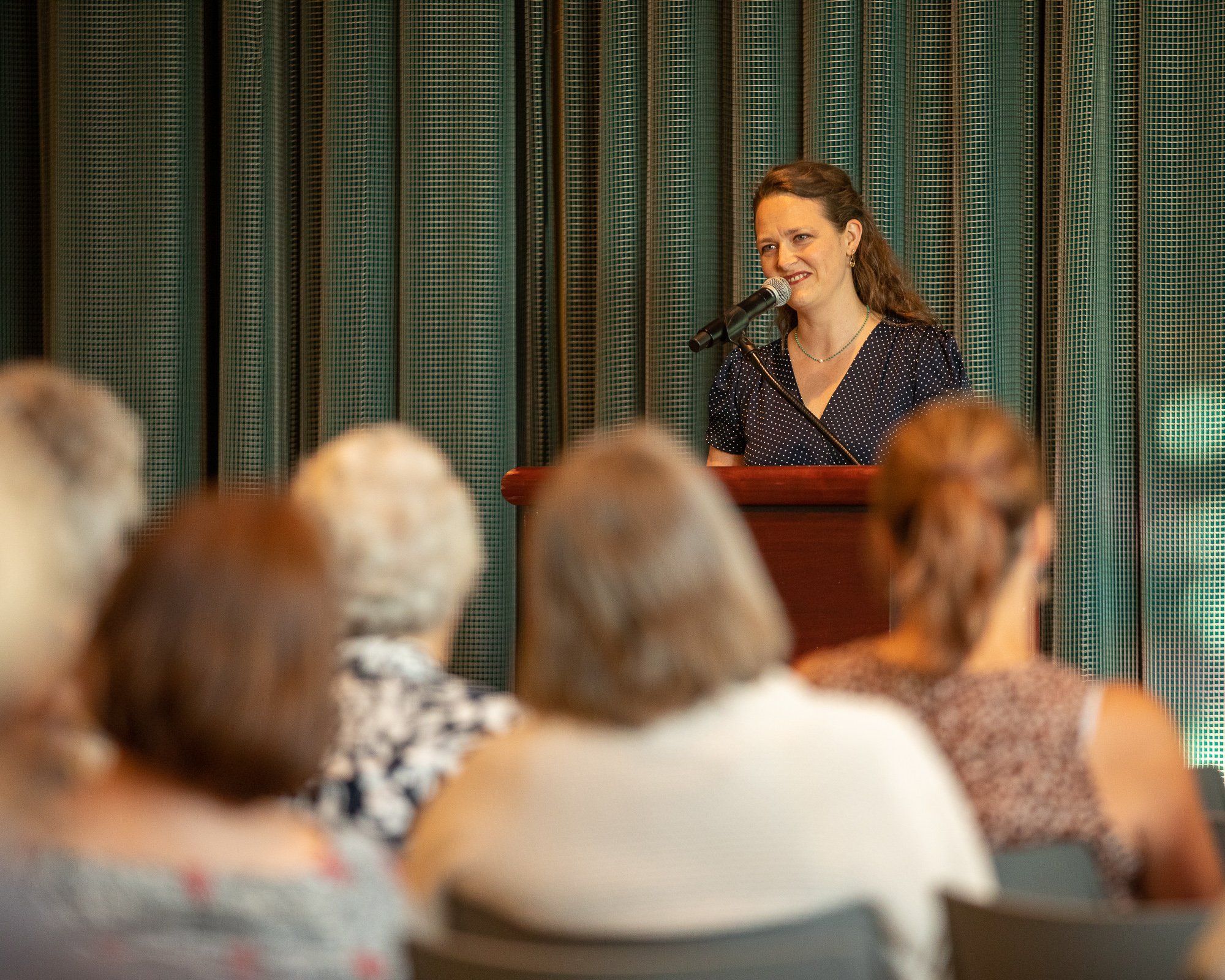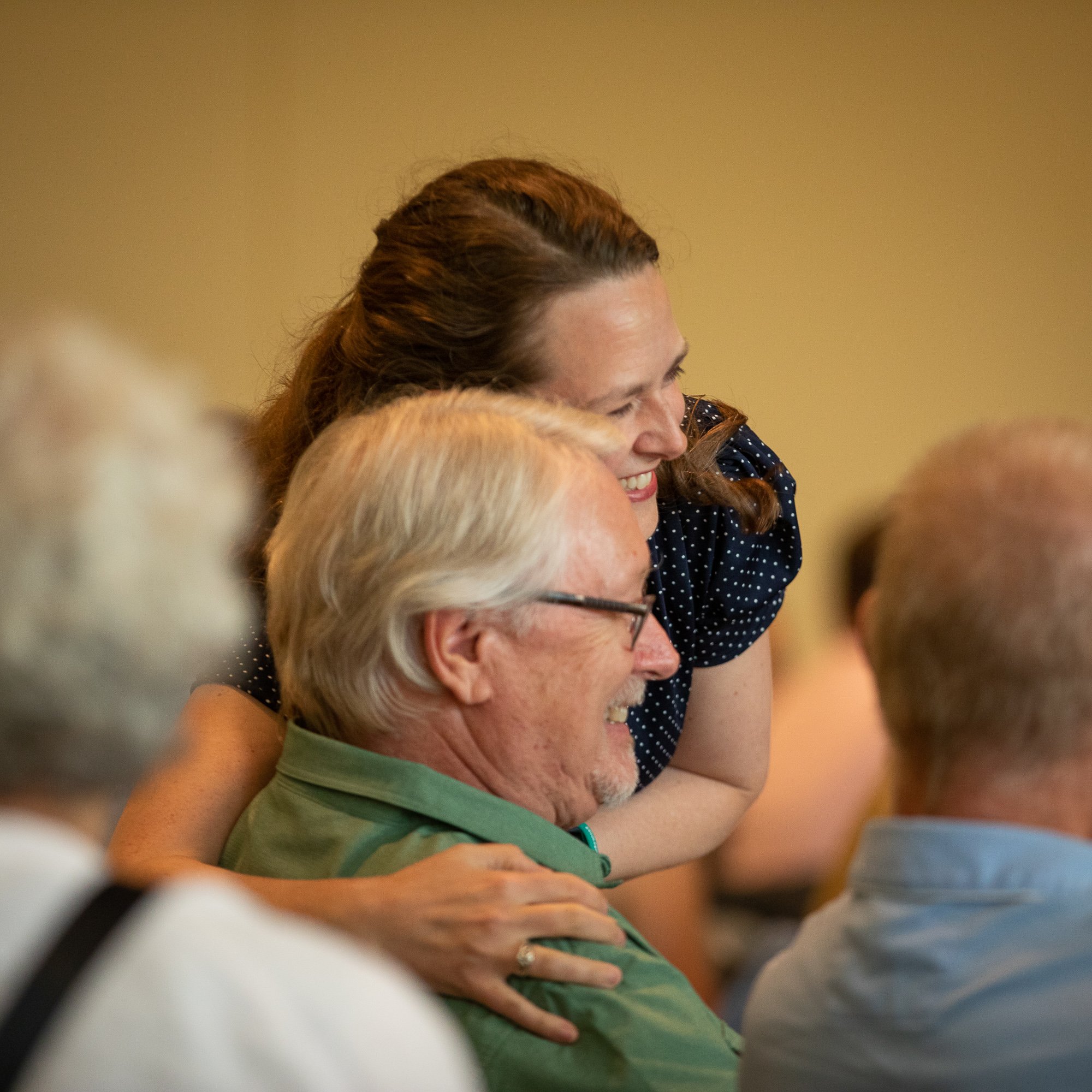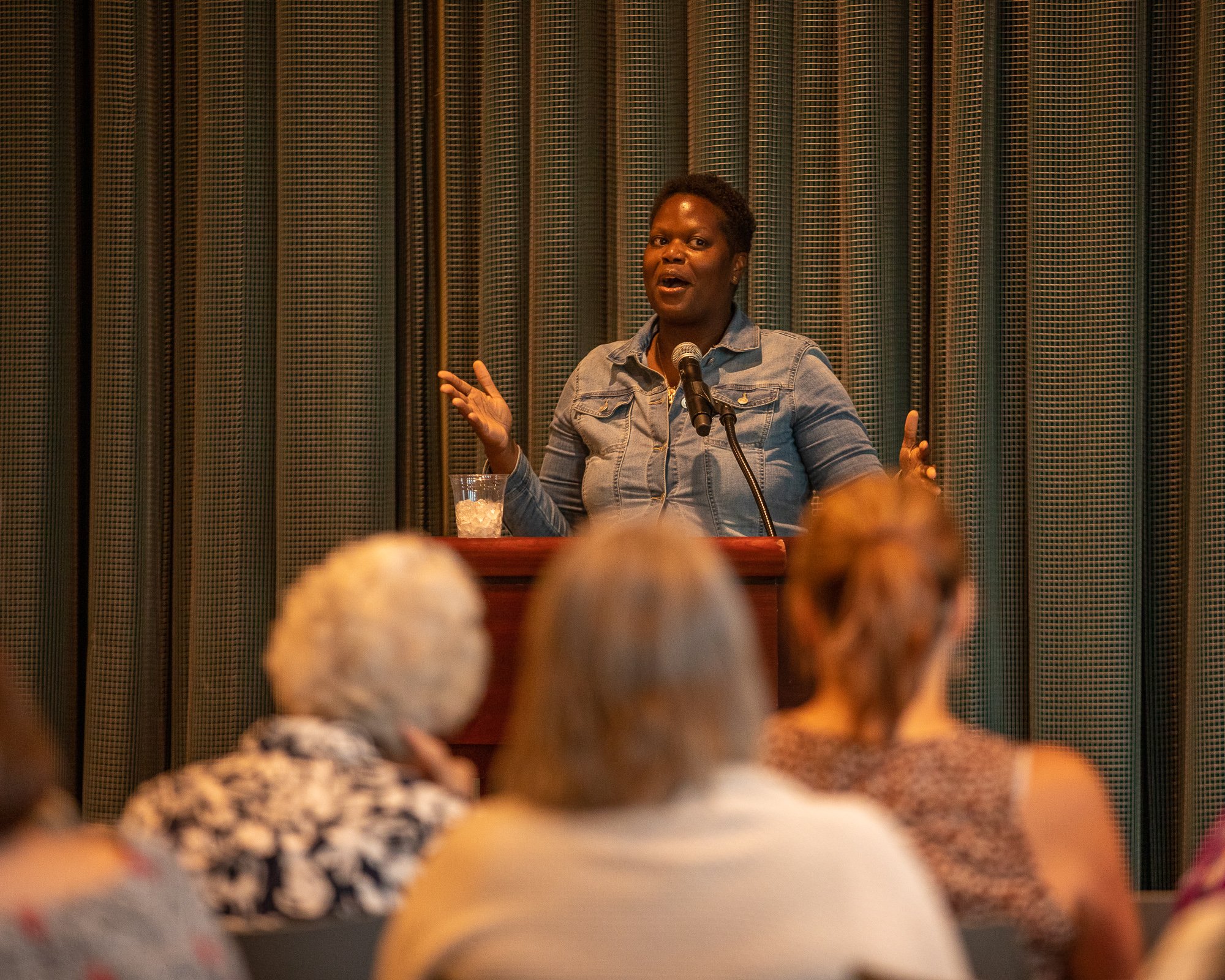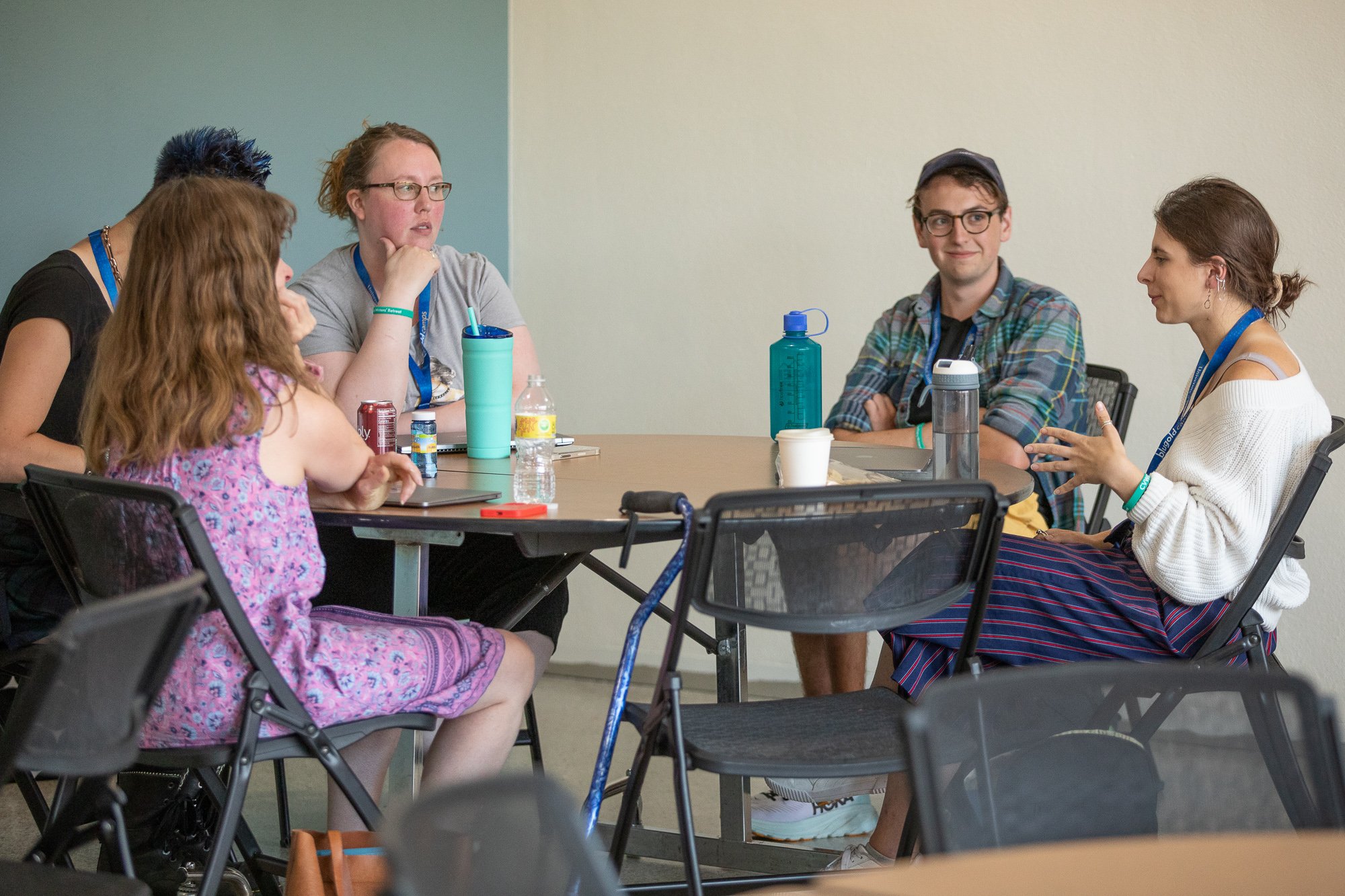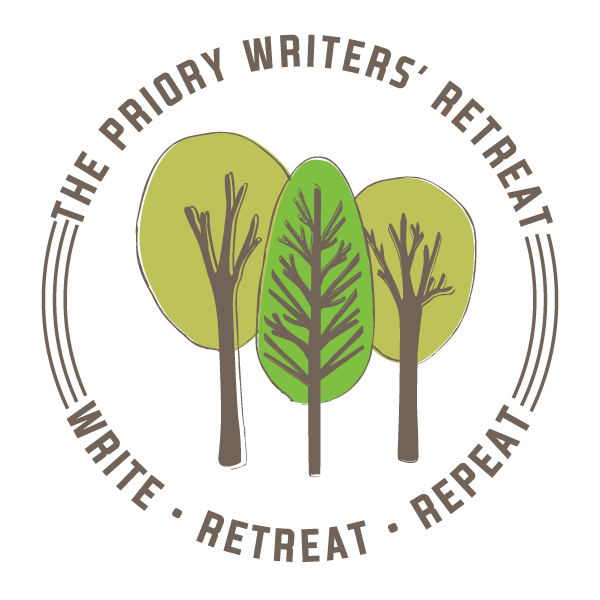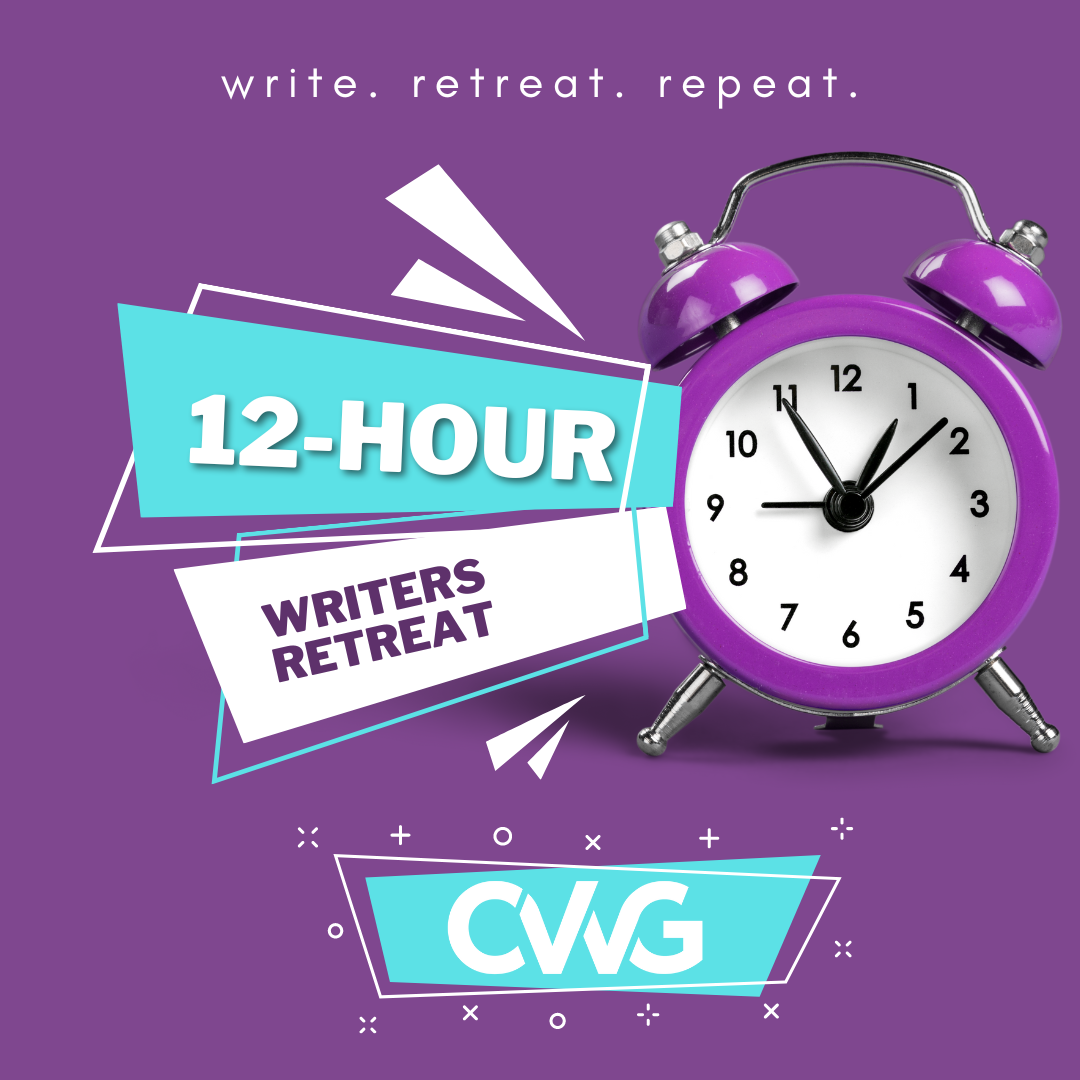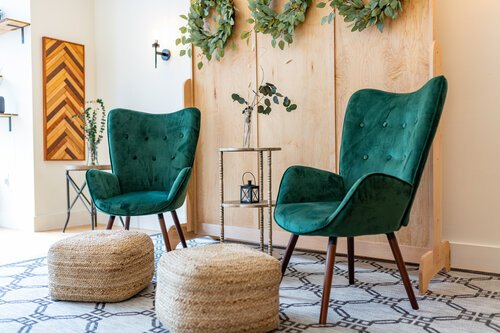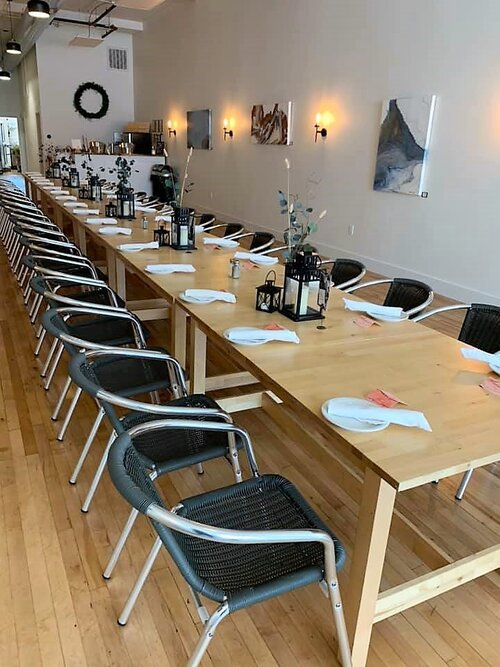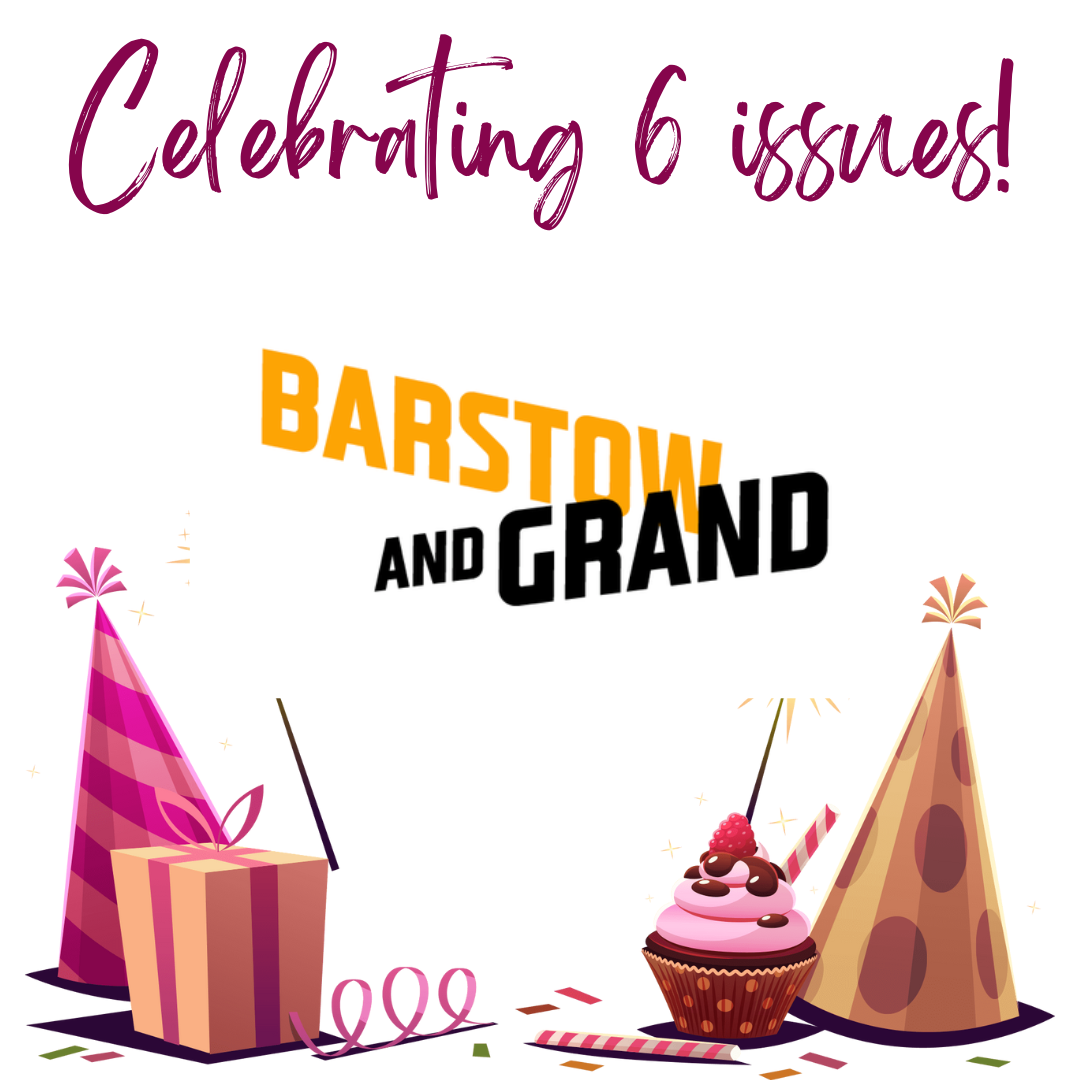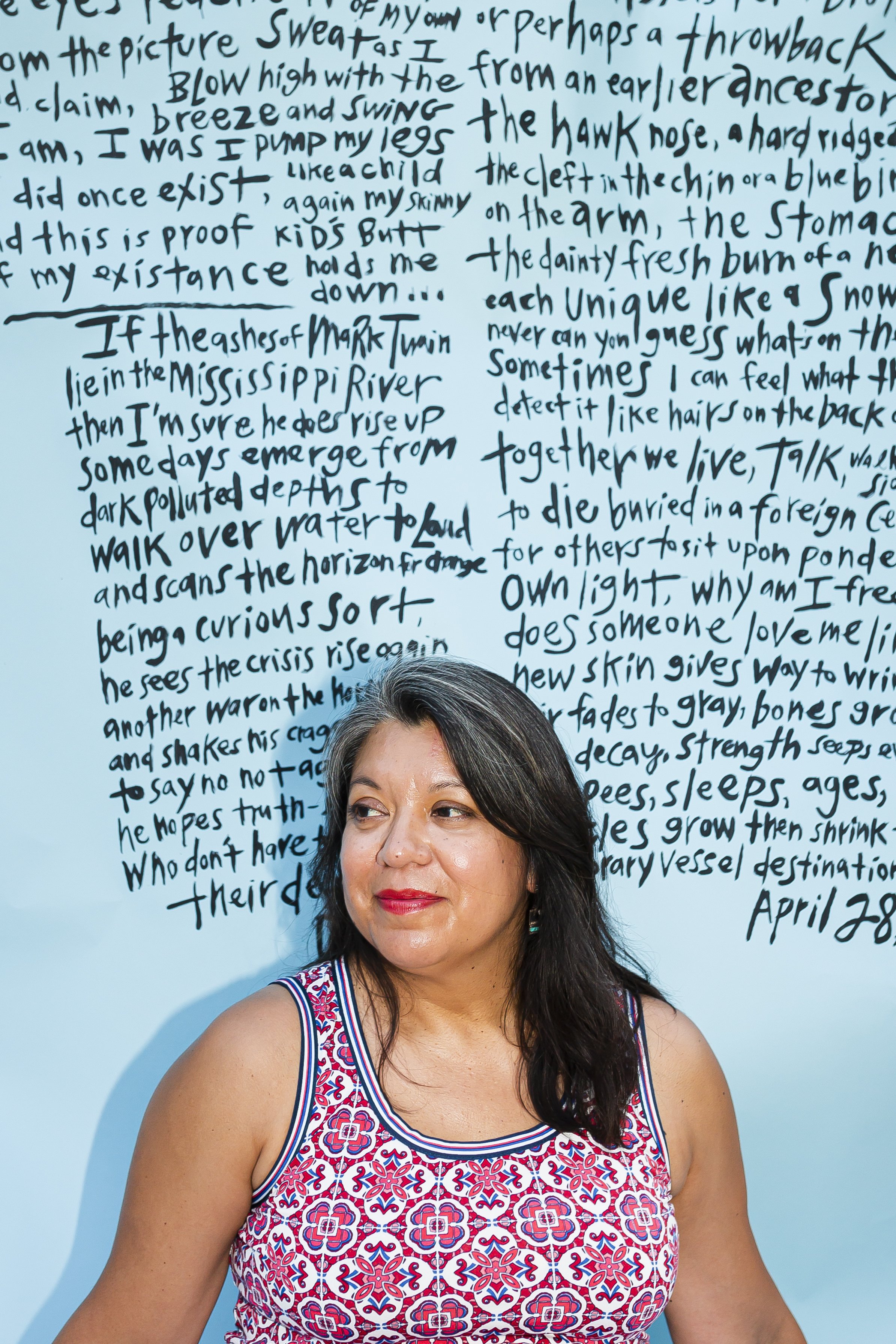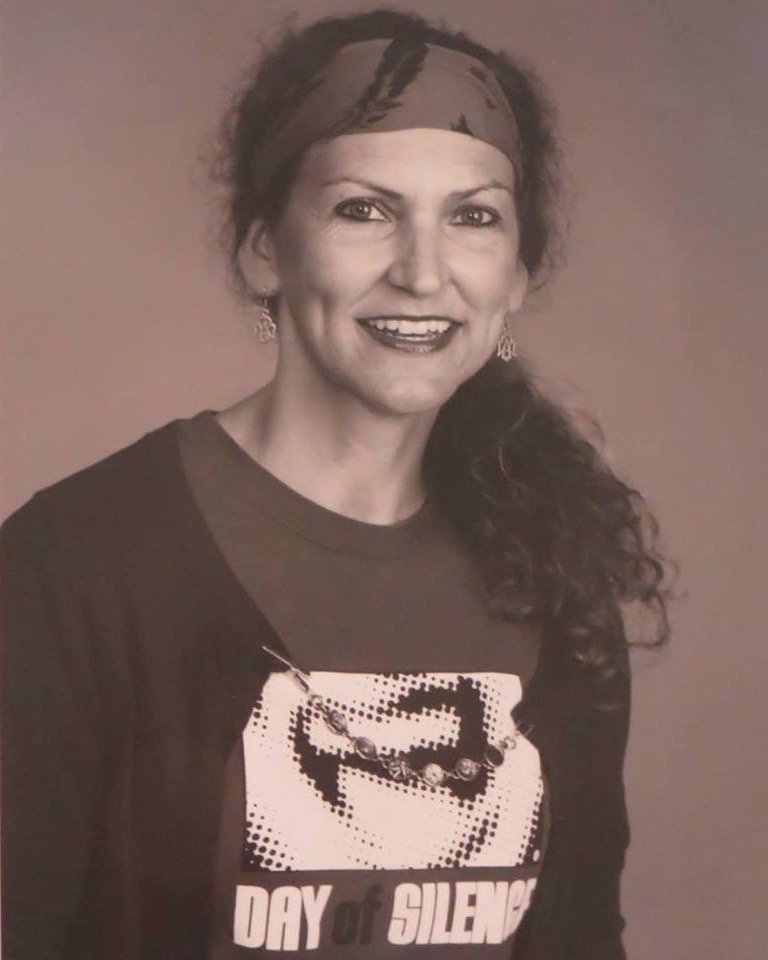Gracie Schutte
When it comes to journalism, there are only a few things Eric Lindquist wrinkles his nose at, deadlines being the first: the constant race against the clock, the movie-worthy, sweat-inducing countdown with the reverb clock ticking away in the background, as the journalist’s hands fly across the keys with the deftness of the Bomb Squad with the deadline fast approaching.
““Sometimes you have minutes, or hours to tell a story, and you know it deserves more.” ”
“Sometimes you have minutes, or hours to tell a story,” Lindquist said, “and you know it deserves more.”
With 40 years in the journalism industry under his belt, Lindquist is no stranger to crunch time, but besides the stress of getting quality stories in on time, Lindquist took to the eat, sleep journalism, repeat cycle like a fish to water.
“I started [at the Leader-Telegram] as a 20-year-old college student,” Lindquist said. “They said, ‘Hey, we’d like you to take this job a week after you graduate,’ and I said, ‘Okay.’ I’ve been there ever since.”
Whether he knew it then or not, Lindquist soon discovered the whole journalism gig isn’t your typical nine-to-five; journalism is a lifestyle.
“You eat and sleep it — it becomes part of you,” Lindquist said. “Not only are you always thinking about it, but you care. It’s the same with those big issue stories. You think ‘Oh, this is really important. I don’t mind working five twelve-hour days this week to make sure I get this one right, because this is big.’”
Lindquist’s passion for journalism started at UW-Eau Claire, some 40 years ago, at the university’s student-run newspaper, The Spectator. There Lindquist did it all, from writing and editing stories to slaving over photos in the dark room (Remember those?). The late nights spent in the office laying out pages for print were exhausting at times — sometimes keeping students there until 2 a.m. — but The Spectator prepared Lindquist for the tireless work ahead of him.
But it doesn’t feel like a chore when it’s something you’re passionate about, and Lindquist has a knack for the deep dives, the weeks-long investigative research pieces, and the features that reveal the profound and personal happening in our very valley.
““I want to tell the first rough draft of history, but I don’t want it to be so rough.”
“I want to tell the first rough draft of history,” Lindquist said, “but I don't want it to be so rough. I want to make something somebody in 50 years is going to be researching old newspaper archives, and when they’re reading something I wrote in 1990, or 2000, it’s going to be accurate of what was happening in the Chippewa Valley at that time. This is a record of life in the Chippewa Valley.”
And record he has. Having written 10,000 stories, Lindquist has covered Eau Claire and the Chippewa Valley from the closing of Uniroyal to housing discrimination, from homelessness to the drug epidemic, prison interviews to personal features, and Hmong culture, too.
“It’s been good to be able to chronicle all the little pieces and then sometimes do the big pieces that start to tie all the ends in and explain to people how that happened — and that it happened.”
But now, Lindquist is passing on the torch to the next generation, leaving behind gargantuan boots to fill. He plans to continue writing — contributing here and there and maybe even taking on new, fiction-related projects.
So, dry your eyes and blow your nose — Lindquist isn’t going anywhere. You’ll just have to look up from your morning paper to find him.

